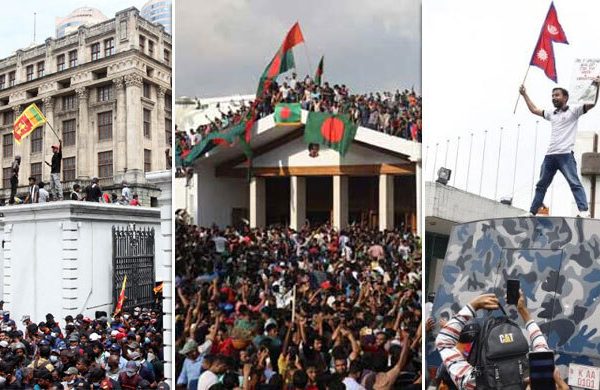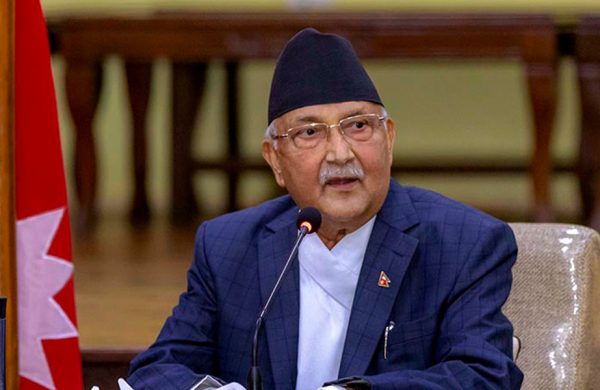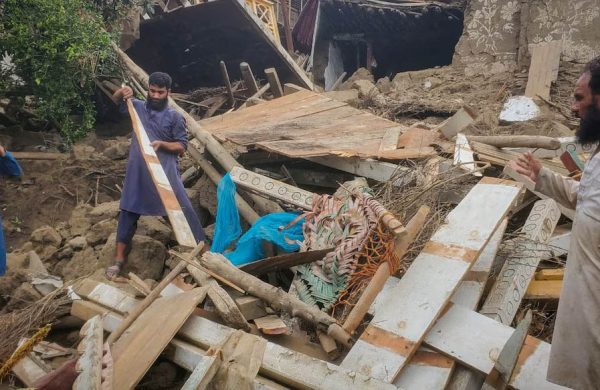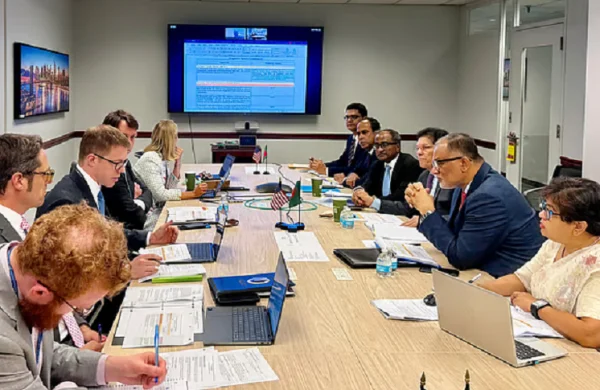Centre refutes Mamata Banerjee’s claim of not consulting on Ganges Water Sharing Treaty
- Update Time : Friday, June 28, 2024
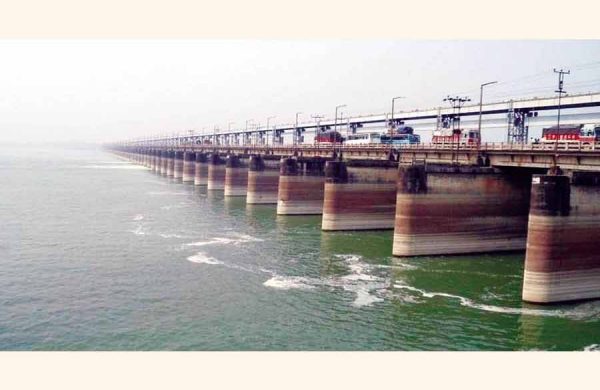
Int’l Desk:
Indiam central government has refuted the claim of West Bengal Chief Minister Mamata Banerjee that her state government was not consulted on the renewal of the Ganges water sharing agreement between India and Bangladesh.
Spokesperson of India’s foreign ministry Randheer Jaiswal said in a regular briefing on Thursday that “we have seen some reports in this regard.”
“Ganges water sharing agreement is due for renewal in 2026. For carrying out the exercise, an internal committee has been constituted in the relevant ministry. This internal committee consists of representatives from all the stakeholder parties including West Bengal Government.”
He also mentioned that in all the previous internal committee meetings, the West Bengal government has been attending. In fact, on 5th April of 2024, the ministry received a communique from the West Bengal Government stating that while renewing the deal, demands of water for industrial development and drinking should be incorporated.
The committee has finalised the report and it is under consideration of the ministry.
On the question of railway connectivity, Indian foreign ministry spokesperson said that the foreign secretary had detailed the discussions held between India and Bangladesh. Both the countries are committed to enhance connectivity be it in the digital or physical realms.
Regarding transit fees, the spokesperson said that it is under the preview of the technical committee. When they will discuss all these issues related to fees and security aspect will be discussed.
Foreign Secretary said in a briefing after the bilateral talks between Prime Minister Sheikh Hasina and Prime Minister Narendra Modi, “there are already about six cross border railway links but besides the importance of cross border railway linkage, another crucial aspect of this railway connectivity is the transit that they afford between different parts India through the territory of Bangladesh and the discussion focused on that.
He said, “the trial run (from Gede to Haldibari-Chilahati) which was discussed forms part of that. This connectivity essentially strengthens a very large part of economic infrastructure within Bangladesh. It is effectively a connectivity paradigm that actually benefits both the countries. Both societies, both economies very extensively.”
He also mentioned that there was discussion about sub0regional transit that Bangladesh would get to Bhutan and Nepal. There is a part which already exists and it would be further expanded and strengthened.”


